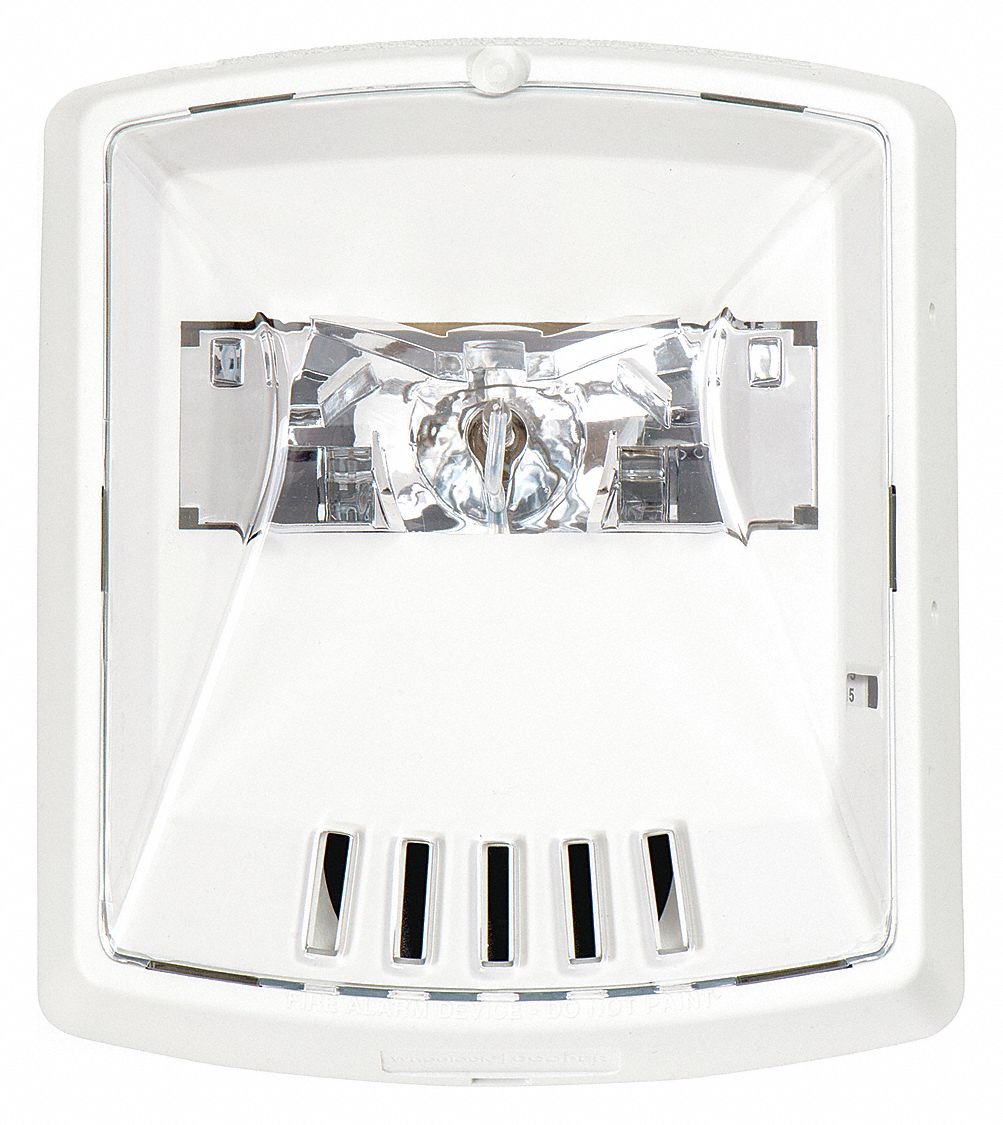Your figures suggest that you have quite a low blood pressure, which is also known as hypotension. This does not necessarily mean that you are in danger of any health issues and some people can live quite comfortably with a blood pressure as low as 90 over 60. Certain symptoms that are associated with low blood pressure include dizziness and chronic fatigue; however, it is important to keep in mind that it can cause serious health problems so if you constantly feel ill then you should consult your doctor.
A pulse rate of 68 beats per minute is nothing to be too worried about. A low pulse rate is considered below 60 beats per minute and this is also known as bradycardia. Conversely, a high pulse rate is considered to be more than 100 beats per minute which is known as tachycardia.
If you have a very low pulse rate but high blood pressure could result in a myocardial infarction, more commonly known as a heart attack. It depends on which coronary artery is badly affected but the majority of people who experience a heart attack have a low pulse rate but high blood pressure through the attack. Heart attacks are more likely to happen to people who already have a high blood pressure.
Well, you probably won’t win a marathon, but it’s a very good heart rate. Your heart rate is 68 or your resting heart rate is 68? To determine if 68 is a good or a bad resting pulse rate please select if you are analyzing the heart rate of a child (0-10 years) or a young adult / adult (10-99) years: The heart rate was measured on a.
Pulse 6800

At 68 years old, your MAXIMUM heart rate is about 150 BPM and your cardio workout rate is about 120. But since your fitness level is good, these are a little conservative. With a max pulse while working out of 140, you're probably still being a bit too energetic in your workout. Don't go at it quite so hard. Normal healthy resting pulse rates for 68 year olds The average resting heart rate (HRrest) for a 68 year old is 72 beats per minute 2. 68 year old males average heart rates of 70 bpm while females average slightly higher at 73 bpm 2.


Didn't find the answer you were looking for?
Related
- Increasing Heart Rate Over Time Linked with Heart Disease DeathWebMD
Normal Heart Rate By Age
There are several ways doctors predict your vulnerability to heart disease, among them: cholesterol levels, blood pressure, blood glucose levels and weight. Now a new study adds another measure to the list — your pulse rate.
Researchers in Norway analyzed data on nearly 30,000 men and women, and found that those whose resting heart rates increased over time were more likely to die from heart disease. The participants were healthy, with no history of heart conditions, and agreed to have their resting heart rates measured twice, 10 years apart, in 1984-86 and again in 1995-97.
Those whose resting pulse crept from under 70 beats per minute at the first reading to more than 85 beats per minute at the second measurement were twice as likely to die over a 12-year follow-up, compared with people resting heart rate remained below 70 beats.
Pulse 68 Meaning
People who started out with pulse rates between 70 and 85 beats per minute were also at risk of heart-related death; if their heart rates rose beyond 85 beats per minute by the second reading, they had an 80% increased risk of dying from heart disease, compared with people whose heart rates remained stable.
The opposite effect emerged in people whose heart rates dropped over time: those whose resting heart rate started out at 70 to 85 beats per minute and fell to less than 70 beats at the second reading were 40% less likely to die of heart disease than those who maintained their pulse rates.

Many factors go into your resting heart rate, including your weight, blood pressure, the medications you take and how much you exercise. Whether you are standing up or lying down when you take your reading can also affect pulse (that’s why your heart may race a bit when you first get up in the morning). Experts say healthy adults can have pulse rates ranging from 60 to 100 beats per minute. Elite athletes typically have lower heart rates, around 40 beats per minute because of their better heart fitness.
The study is the first to detail how changes in resting heart rate over time may affect risk of death from heart disease. Because the resting pulse is relatively easy to measure, the authors say it could be a good way to identify people who might be at greater risk of heart problems, and help them lower their readings by improving diet and increasing exercise.
To gauge your resting heart rate, find your pulse on your wrist or neck when you first wake in the morning, before you get out of bed. After you locate your pulse, using your index and middle fingers together, count how many beats occur within one minute. To make it easier, count the number of beats in 10 seconds and multiply by six.
Alice Park is a writer at TIME. Find her on Twitter at @aliceparkny. You can also continue the discussion on TIME’s Facebook page and on Twitter at @TIME.

Comments are closed.